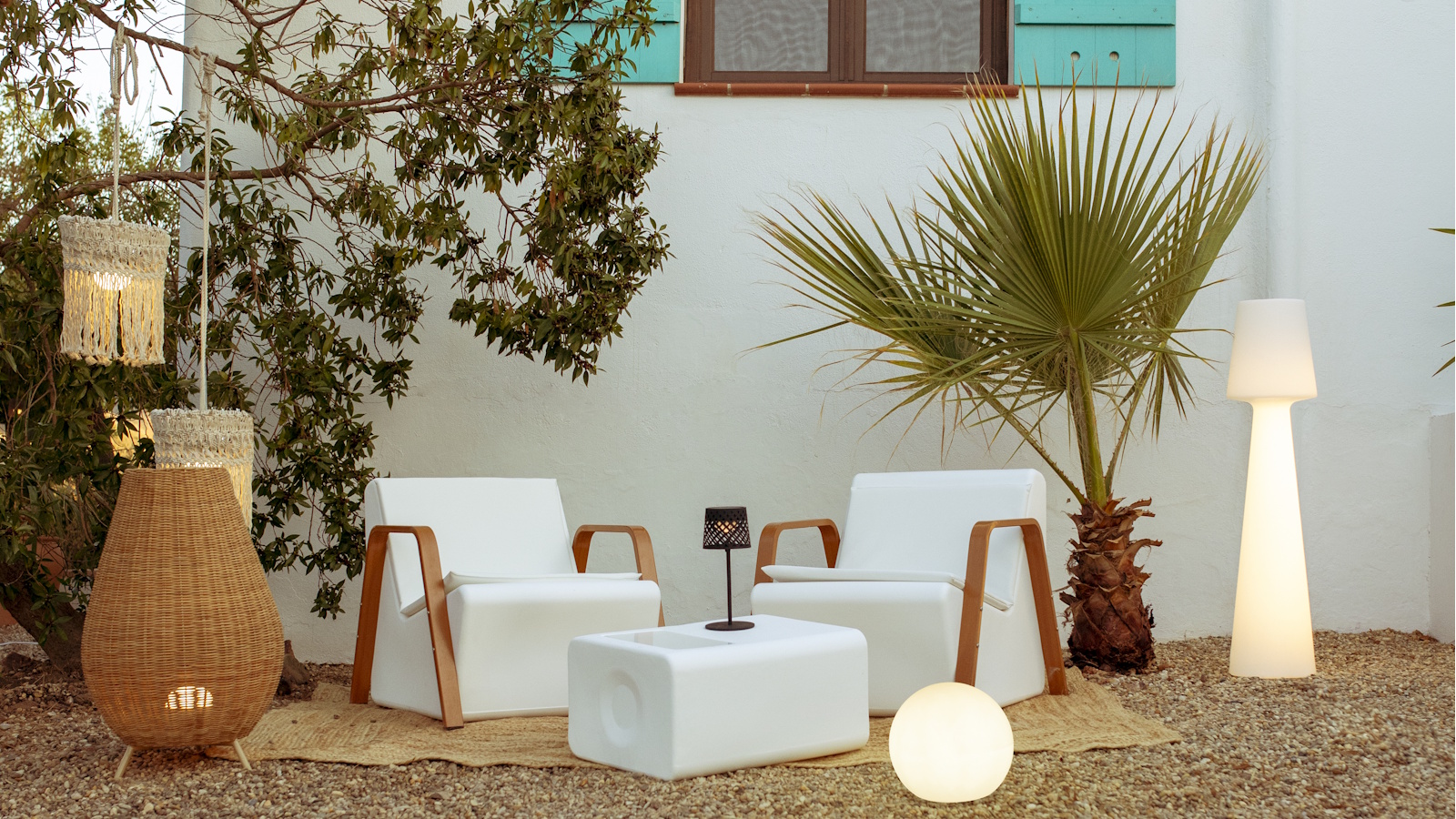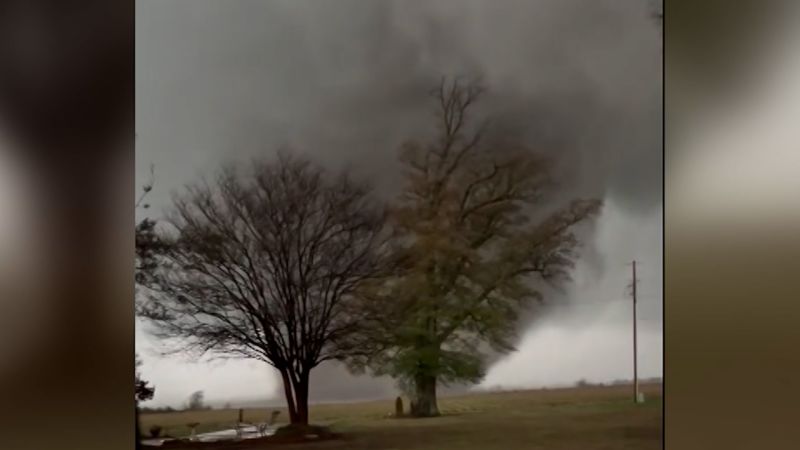
Japanese maples, renowned for their striking red, weeping, lacy leaves, are much beloved by gardening enthusiasts. To ensure the trees remain healthy, there are important care tips that owners should be aware of. While many plants benefit from fertilisers , gardening expert Mike McGroarty of Mike’s Backyard Nursery has stated that using fertiliser on Japanese maples can be fatal for the plants and ought to be avoided.
He said: “Garden fertilisers are a significant issue as they will kill Japanese maples and other plants.” He continued to expose the grim reality, noting: “It’s true. The typical garden fertiliser that you buy for your veggie garden will take out ornamental plants like nobody’s business.

” Warning against the use of standard garden fertilisers on Japanese maples, McGroarty shared: “If you plan to use regular garden fertiliser on your Japanese maple you might as well write ‘serial killer’ on the bag.” Delving further into the problem, Mike explained the dangers posed by garden fertilisers, saying: “A bag of 14-14-14 garden fertiliser contains 14 percent nitrogen, 14 percent phosphorus and 14 percent potassium. As soon as you apply it and it gets wet all 14 percent of that nitrogen is released immediately.
” Expanding on the negative effects of excessive nitrogen, the expert explained how “nitrogen drives top growth, vegetative growth, on plants” and warned that most ornamental plants cannot grow quickly enough to utilise such high levels of nitrogen - “the overload of nitrogen will kill them almost immediately”. Gardening pro Mark Bennett from Gardener Report highlighted the dangers of over-fertilising Japanese maples, cautioning: “Japanese maples are not heavy feeders and they do not require additional fertiliser if they are planted in good soil, amended with compost.” He also emphasised the danger of leaf scorch, stating: “Too much fertiliser is also a cause of leaf scorch with brown or yellowing leaves and excess growth with soft stems that can droop.
” For those instances when fertilisers might be necessary, such as for maples in pots or sandy soil, Mark suggested: “The only time fertiliser is necessary when growing Japanese maples is if they are planted in a pot or sandy soil. But if this is the case, gardeners should only use half-strength multi-purpose fertiliser.” When it comes down to choosing the right type of fertiliser, Mike stressed that organic matter should always take precedence over regular fertiliser.
He explained: “What a Japanese maple really needs is good, rich soil that contains a significant amount of organic matter. Really good topsoil is just that, organic matter. “That’s what made it topsoil.
For years and years, vegetation falls to the earth and rots and becomes topsoil. That’s what all plants, especially Japanese maples, need.” For those gardeners who lack quality soil, the specialist recommended employing fertilisers mixed with an organic substance such as fish emulsion fertiliser, Millorganite, or another organic fertiliser.
.















